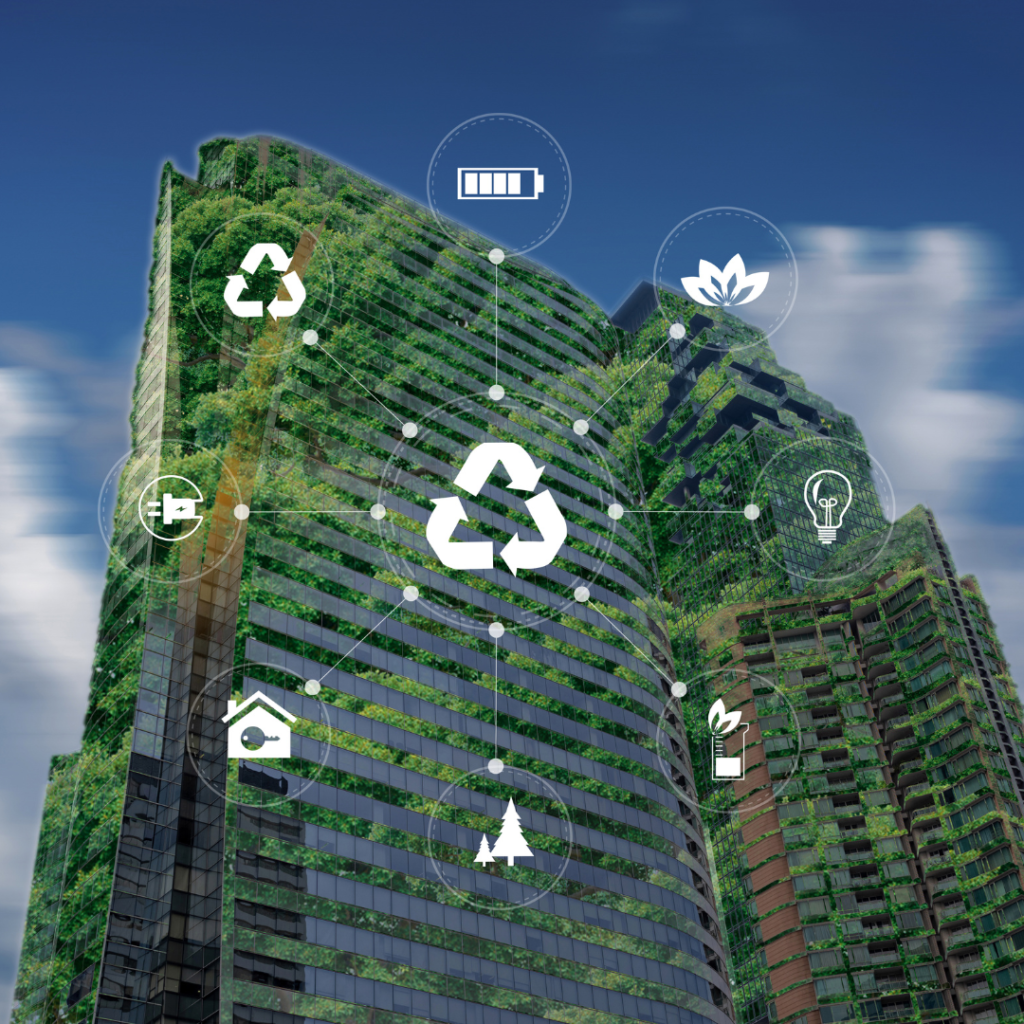The Importance of Sustainable Development in Residential Real Estate
Residential real estate is a crucial part of our society. It provides us with a place to live and a sense of belonging. However, the real estate industry can have significant negative impacts on the environment if not managed sustainably. Sustainable development is a crucial aspect of residential real estate, as it allows us to meet our current needs without compromising the ability of future generations to meet theirs. In this blog post, we will explore the importance of sustainable development in residential real estate.
What is Sustainable Development?
Sustainable development is a concept that aims to meet the needs of the present generation without compromising the ability of future generations to meet their own needs. It involves balancing economic growth, social development, and environmental protection to ensure a sustainable future.
In the context of residential real estate, sustainable development involves designing and building homes that are environmentally friendly, socially responsible, and economically viable. It also involves creating communities that promote a sustainable lifestyle, such as access to public transportation, green spaces, and renewable energy.
Why is Sustainable Development Important in Residential Real Estate?
- Environmental Protection
The real estate industry has a significant impact on the environment, including the depletion of natural resources, pollution, and greenhouse gas emissions. Sustainable development in residential real estate can reduce these negative impacts by incorporating green building practices, such as using renewable energy, reducing water consumption, and minimizing waste.
Green building practices can also improve indoor air quality, which is essential for human health. For example, using low-VOC (volatile organic compounds) paint and other materials can reduce the amount of harmful chemicals released into the air.
- Social Responsibility
Sustainable development in residential real estate also involves social responsibility. Developers can create communities that promote social sustainability, such as providing affordable housing, promoting diversity, and creating safe and healthy neighborhoods.
For example, developers can incorporate community gardens and parks, which promote physical activity and social interaction. They can also design homes that are accessible to people with disabilities, promoting inclusivity and diversity.
- Economic Viability
Sustainable development in residential real estate can also have economic benefits. Green building practices, such as using energy-efficient appliances and insulation, can reduce utility bills and save homeowners money in the long run.
Developers can also attract tenants and buyers who value sustainability, creating a competitive advantage in the market. Sustainable communities can also attract businesses and create job opportunities, contributing to the local economy.
How Can Sustainable Development be Achieved in Residential Real Estate?
- Green Building Practices
Green building practices are essential for achieving sustainable development in residential real estate. These practices include:
- Using energy-efficient appliances and lighting
- Installing insulation to reduce energy consumption
- Using renewable energy sources, such as solar panels
- Incorporating water-efficient fixtures and landscaping
- Using sustainable materials, such as bamboo flooring and recycled glass countertops
- Sustainable Community Planning
Developers can promote sustainable development by creating communities that promote a sustainable lifestyle. This can include:
- Providing access to public transportation
- Incorporating bike lanes and walking paths
- Creating green spaces and parks
- Promoting local businesses and farmers markets
- Education and Awareness
Education and awareness are essential for promoting sustainable development in residential real estate. Developers can educate homeowners and tenants on sustainable practices, such as reducing energy consumption, conserving water, and minimizing waste.
Conclusion
Sustainable development is essential for creating a sustainable future, and the residential real estate industry has an important role to play. By incorporating green building practices, promoting social responsibility, and promoting economic viability, developers can create communities that promote sustainability and improve the quality of life for residents.
Education and awareness are also crucial for promoting sustainable development in residential real estate. By educating homeowners and tenants on sustainable practices and promoting sustainable lifestyles, we can create a more sustainable future for ourselves and future generations.

Joseph Gozlan

Investment Properties Advisor
Email: Joseph@Wisdom.TXcom
Direct: (469) 443.6336
Language/s: English, Hebrew
